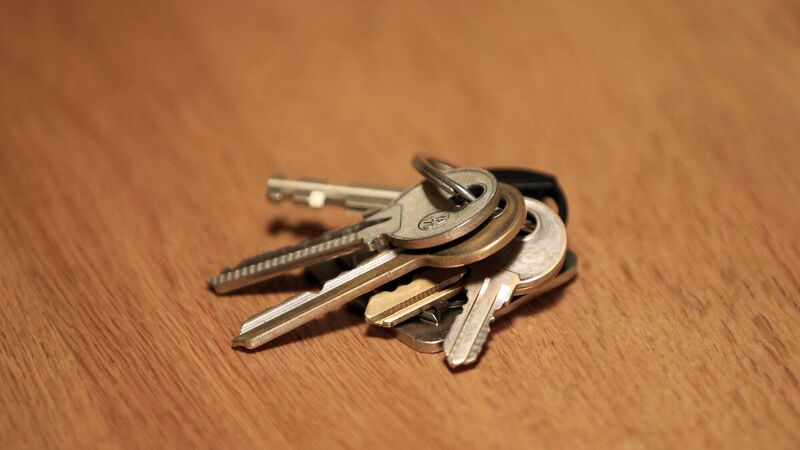Almost 1,800 short-term letting properties still operating without planning, despite laws

Less than 50 planning applications to convert a private home to a short-term letting property have been lodged nationally. File Picture: PA
Only one-third of almost 1,800 properties identified by local authorities as potentially operating unauthorised Airbnb-style accommodation have sought to regularise their planning situation.
New figures provided by the Department of Housing, Local Government and Heritage show only 47 planning applications have been received by local authorities nationwide for a change of use to comply with new legislation introduced last year in relation to short-term letting.










